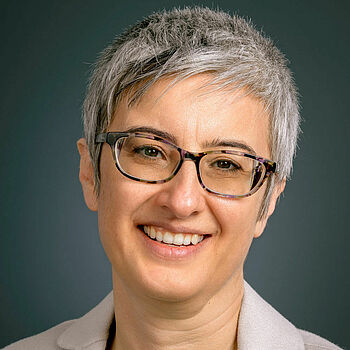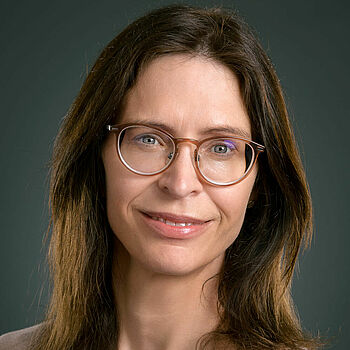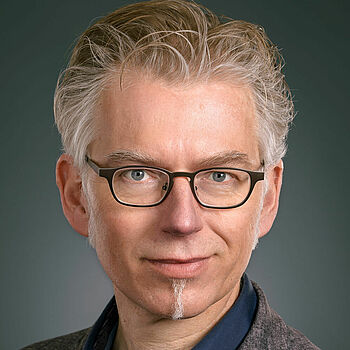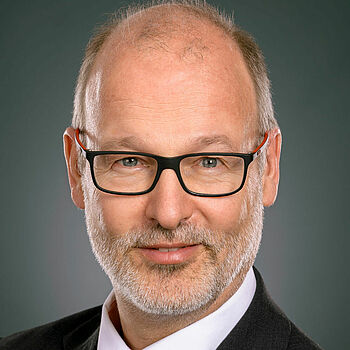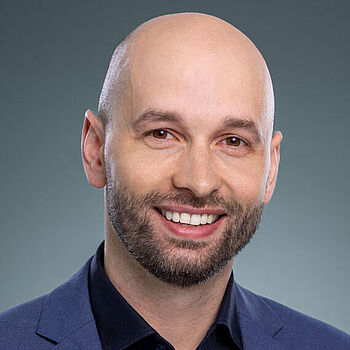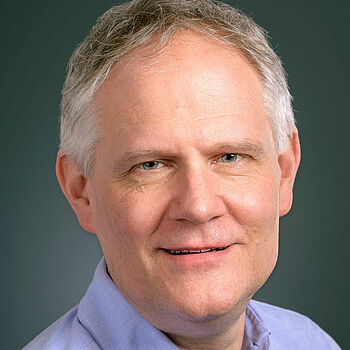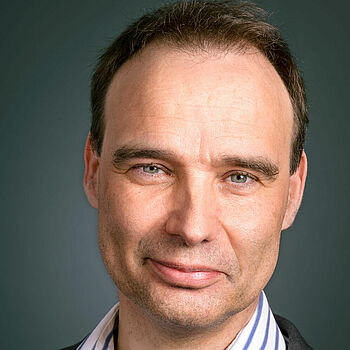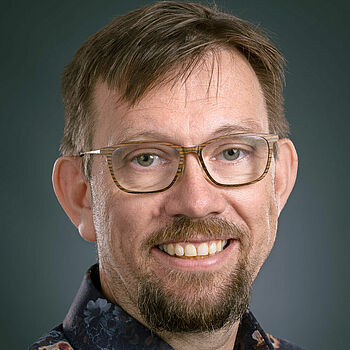DZNE Rostock / Greifswald
Older people in particular develop Alzheimer’s disease or one of the other diseases grouped under the term “dementia.” To this day, there is no long-term effective therapy against these diseases. Due to the demographic shift and a general increase in life expectancy in Germany, the average age of the population will continue to rise in the coming decades. This development will inevitably lead to a sharp increase in the number of people suffering from dementia in Germany. In the coming years, we will therefore have to answer the question of how we can continue to ensure adequate medical, social, and nursing care for older people with dementia in the future, especially in those regions of Germany heavily affected by demographic aging.
The researchers at the twin DZNE site in Rostock and Greifswald are using the model region of Mecklenburg-West Pomerania to investigate topics such as how care networks can improve the situation. But what are the requirements and needs for medical and nursing care of people in the first place? How do care networks and other measures affect the specific local situation? What are the options for developing new care networks, implementing them, and testing their effectiveness? And how can we adequately qualify nursing and medical staff and, at the same time, relieve the burden on people with dementia, their relatives, and the health care system?

We do research for better care and a better quality of life for people with dementia and their relatives.
The aim of such a care network is to improve the living situation of elderly persons with dementia and of their families, and to develop solutions from this for tomorrow’s demographic problems in other regions of Germany.
Population-based samples from the real-life situation of patients’ own homes also offer the opportunity to evaluate innovative diagnostic and therapeutic approaches in terms of their practicability and clinical utility. These include diagnostic imaging markers, biomarkers from the field of cerebrospinal fluid diagnostics, and potential future blood markers, as well as fundamental research on pharmacological therapies and their use in patients, psychosocial interventions, and assistance systems based on medical device technology.
In keeping with its translation research strategy, the DZNE works closely with the universities, the Rostock University Medical Center, and the Greifswald University Hospital on scientific issues to ensure the transfer of knowledge across the boundaries of institutes and research areas.
Your commitment can make a big difference!
By participating in scientific studies, donating brain tissue or providing financial support, you can make a significant contribution to medical progress and a healthy future.
Clinical Trials Unit (CTU)
Further information and contact to our study team can be found here.
Clinical studies
Here you will find a current overview of our clinical studies.
Site coordination
Dr. Kerstin Wernecke
Office
Viktoria Kim-Boese
+49 3834 867593
Addresses
Ellernholzstraße 1-2
17489 Greifswald
and
Gehlsheimer Straße 20
18147 Rostock

